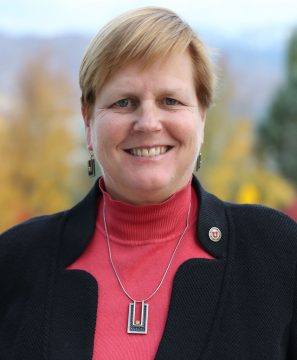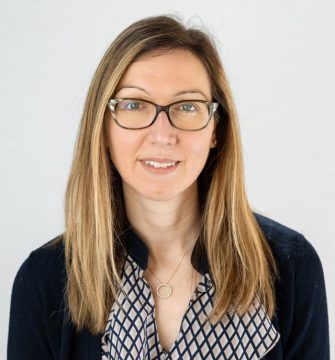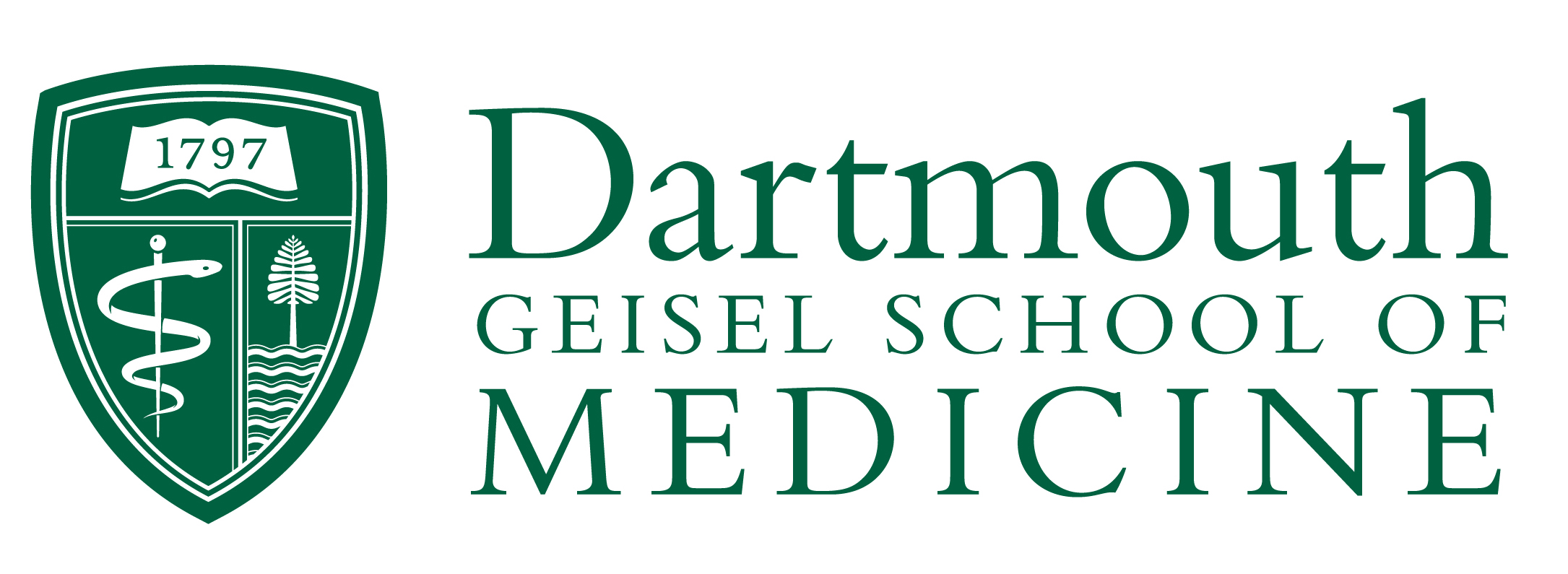Harriet Hopf MED’86 and Vivianne Tawfik PhD’07, MED’09, graduated more than a decade apart, but connected through their professional society. Their close mentoring relationship has grown into a collegial and personal friendship over the past ten years. We asked them to reflect on their experiences and provide some advice for Geisel students.
What sparked the mentoring relationship?

Dr. Harriet Hopf: I met Vivianne at the Foundation for Anesthesia Education and Research (FAER) reception for residents and medical students at the American Society of Anesthesiologists (ASA) annual meeting in 2011. I was impressed by her enthusiasm and we had a great conversation. I recognized she was looking for career guidance, and I thought I could give valuable input as someone from outside her institution.
Dr. Vivianne Tawfik: At the ASA reception, Harriet and I started chatting and she seemed genuinely interested in learning more about me. This allowed us to quickly figure out that we were both alumnae of Dartmouth’s medical school and that our husbands were both Tuck alumni. That pretty much cemented the relationship. Over time I would continue to see Harriet at conferences and she always made time to speak with me and even meet for a meal to catch up.
What have been the benefits of the relationship?
Hopf: First, the joy of watching the development of an outstanding physician-scientist. Secondly, the opportunity to learn from Vivianne and provide some guidance as she embarked on developing the Early-Stage Anesthesiology Scholars (eSAS) program (esashq.org). Thirdly, the chance to expand my visibility and networks among early career physician-scientists in anesthesiology.

Tawfik: Over time, our relationship has evolved. When we first met, I was a new resident, still trying to figure out my place as a physician-scientist in anesthesiology. Harriet provided mentorship and an example of what success could look like as a woman, physician, researcher, and parent. Once I transitioned to my faculty position and started leading my own basic science lab group, I turned to Harriet for more concrete guidance. She helped me consider which opportunities for leadership were worthwhile (she taught me how/when to say no!), she discussed with me timing for promotion, and she went through my CV with me to identify the best way to frame certain experiences. She has also acted as a sponsor on multiple occasions, putting me forward for involvement in important national programs.
Do you have advice for those seeking mentors?
Tawfik & Hopf: Identify your own priorities and goals, so you know what kinds of advice, sponsorship, coaching, and support you are seeking. Look for different mentors. You’ll need mentors who can support you in research, your career, networking, and gaining specific skills. You should have mentors in your department, at your institution, and from outside your institution. When you identify a potential mentor, be explicit: Ask them to be your mentor and tell them what you are looking for and what your expectations are for the relationship. As a mentee, it’s important for you to take responsibility for making the most of the opportunity, whether it’s a one-time advice session or a longitudinal career development relationship.
Vivianne Tawfik is an assistant professor of anesthesiology, perioperative and pain medicine and director of the Fellowship in Anesthesia Research and Medicine residency research track at Stanford University School of Medicine. tawfiklab.stanford.edu; Twitter: @TawfikLab
Harriet Hopf is a professor of anesthesiology, adjunct professor of biomedical engineering, co-director of the University Utah School of Medicine Coaching and Advancement Network (UCAN), and special assistant in the Office of the Senior Vice President for Academic Affairs at the University of Utah. medicine.utah.edu/faculty-dev/programs/coaching-program/; Twitter: @HarrietHopfMD
Written by Harriet Hopf MED’86 and Vivianne Tawfik PhD’07, MED’09




